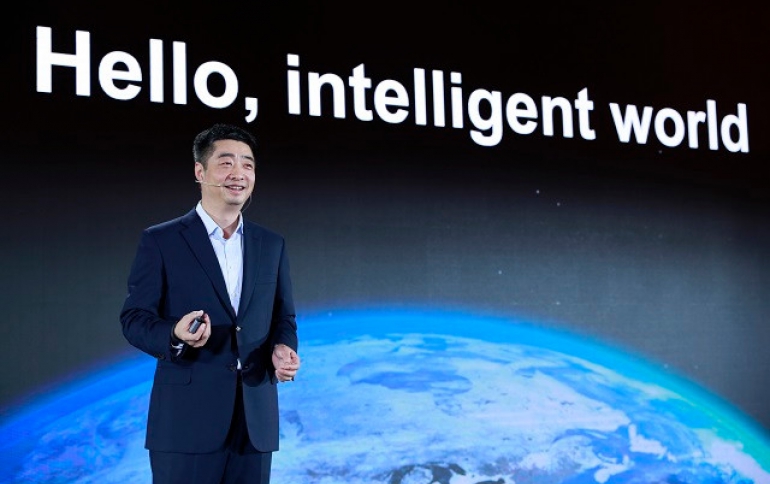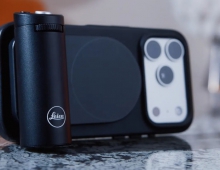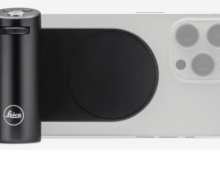
Huawei Says There are No Discussions With Apple Over 5G Chipsets
Huawei Technologies said on Tuesday it has not held talks with Apple about supplying 5G chipsets, a day after its founder said it was open to selling such chips to the U.S. firm.
Apple is behind rivals such as Samsung Electronics Co and Huawei in delivering a iPhone equipped with fifth-generation (5G) modems.
Intel, the sole supplier of modem chips for iPhones, has said its 5G chips will not appear in mobile phones until 2020.
Samsung started selling 5G phones in South Korea this month ahead of the global introduction of 5G networks, and Huawei, whose smartphones outsold iPhones in the fourth quarter, plans to launch a 5G phone in June.
"We have not had discussions with Apple on this issue," Huawei's rotating Chairman Ken Hu said on Tuesday, adding he looked forward to Apple's competition in the 5G phone market.
CNBC previously published an interview with Huawei founder Ren Zhengfei that the firm was "open" to selling its 5G chips to Apple.
Apple held talks with Samsung, Intel and Taiwan's MediaTek to supply 5G modem chips for 2019 iPhones, according to an Apple executive's testimony at a trial between Qualcomm Inc and the U.S. Federal Trade Commission earlier this year.
Huawei expects its telecom equipment business will return to double-digit growth in 2019 on healthy demand in almost all regions except the U.S.
"We've seen an overall optimism and acceleration in the industry regarding 5G deployment since the second half of last year," said Ken Hu. "We expect our carrier business to achieve double-digit growth this year." "
Analysts see Huawei's market share in telecom business dropping a bit, around 2% to 3%, this year as its rivals Ericsson and Nokia gain more 5G contracts in the first wave of 5G commercialization. "But the company's its market share is expected to stabilize and rebound next year when China joins the 5G adoption.
Huawei added that the number of contracts it has won to provide 5G telecoms gear increased further, in defiance of a U.S. campaign to squeeze the Chinese maker out of international markets on security grounds.
Still, Huawei has secured 40 contracts to supply 5G gear as at March-end, from 30-plus disclosed last month, Hu said on Tuesday at the firm's annual global analyst summit at its Shenzhen headquarters in southern China.
Of the new total, Huawei signed 23 contracts in Europe, six in Asia-Pacific, 10 in the Middle East and one in Africa. Huawei also said has shipped over 70,000 5G base stations and expects to have shipped 100,000 by May.
William Xu, Huawei's chief strategy marketing officer, said the company is working to facilitate basic research on a long-term basis, of more than five or even 10 years.
Huawei's focus will be on areas ranging from chip design to material sciences to cooling technologies. The company also plans to invests in research in emerging theoretical fields, such as optical computing, DNA data storage tech and atomic-scale manufacturing, Xu said.
"Huawei has more than 60 labs focusing on basic technologies, more than 700 Ph.D.s in math, and more than 200 Ph.D.s in physics and chemistry," Xu said. He added that the company offers at least $300 million in gifted money or research funding for all scholars partnered with Huawei, and the company is unfazed by the recent termination of collaboration with top universities such as the Massachussettes Institute of Technology.
U.S. pressure on allies to shut Huawei out of their 5G networks due to security and cyberespionage concerns has yielded mixed results. While Australia, and Japan have followed the U.S. lead and blocked the Chinese company from their 5G projects, Germany has said it will not exclude Huawei from its 5G core network infrastructure, and Belgium's cybersecurity agency has said it found no flaws in Huawei's products.
Huawei has denied all allegations by the U.S. and sued the American government on March 7.





















